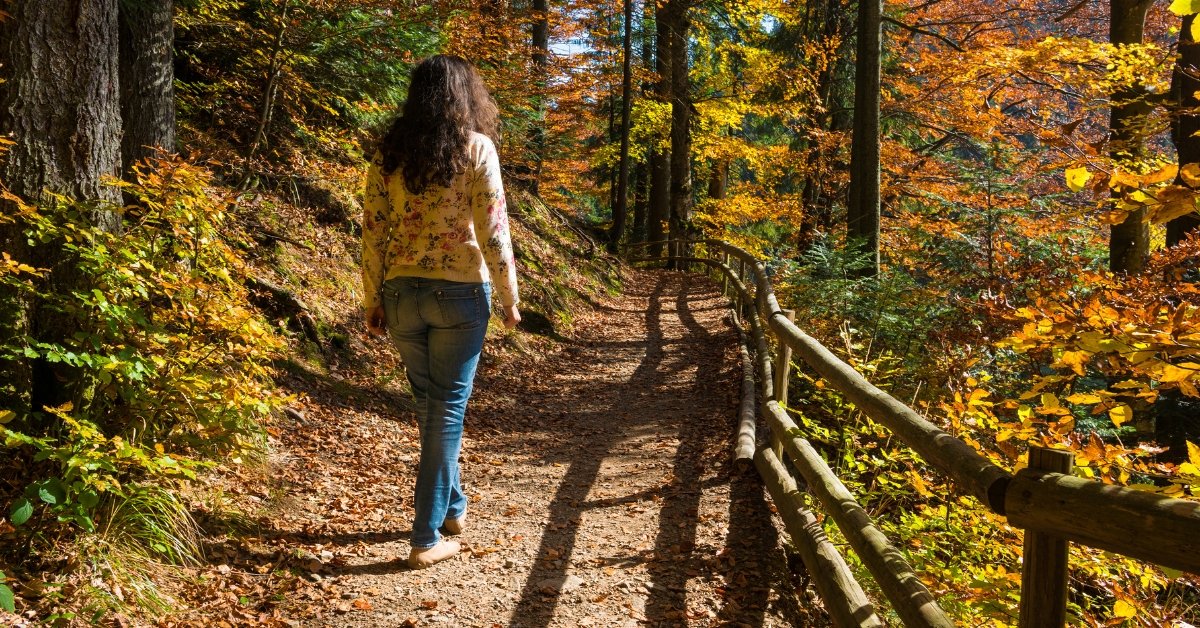Czechia’s new regulations aim to curb noisy tourists and address housing shortages by cracking down on Airbnb-style rentals in Prague.
Table of Contents
Czechia
Imagine living in a quaint, cobblestone street in Prague’s heart, where you wake up every morning to the charming sounds of church bells and the distant murmur of the Vltava River.
However, wait—what is that noise?
Is it a group of tourists in superhero costumes, singing at the top of their lungs at 3 a.m. after a wild night out?
Alternatively, it could be the never-ending parade of suitcases dragged over the cobblestones by Airbnb guests who have forgotten that people live here.
Well, Prague’s residents have had enough.
With rising rents, a housing shortage, and sleepless nights due to rowdy visitors, the city is finally taking action to restore some peace to its historic neighborhoods.
Moreover, it is not just Prague; the entire Czech government is getting involved.
Let us dive into what is happening.
The Airbnb Effect: When Tourists Take Over
It is no secret that platforms like Airbnb have transformed how we travel.
They have made finding affordable, unique accommodations easier, such as a chic apartment in Paris or a cozy cottage in Prague.
However, while tourists love it, the locals?
Not so much.
In cities like Prague, where medieval charm meets modern tourism, the rise of short-term rentals has led to a housing crisis.
Residents find themselves priced out of their neighborhoods as landlords convert long-term rentals into lucrative short-term stays for tourists.
Real estate prices have soared, and affordable housing has become as elusive as a unicorn in Old Town Square.
Enter the Czech government, which has had enough of seeing its citizens pushed out by tourists who treat their city like a playground.
Inspired by cities like London, Dublin, and Amsterdam, Czechia is drafting new regulations that could seriously damage the short-term rental market.
New Rules, New Game: The Airbnb Crackdown Begins
So, what is the Czech government planning?
Well, it will differ from what is usual for Airbnb hosts now.
Here is what you can expect from the new regulations:
- Limitations on Rental Days: Imagine you are an Airbnb host and suddenly are told you can only rent out your property for a certain number of days each year. That is precisely what the Czech government is proposing. They hope to free up more long-term housing for locals and bring down those sky-high real estate prices by capping the number of rental days.
- Size Matters: The government also considers setting minimum space requirements per guest. So, no more cramming five people into a tiny studio apartment. It is all about ensuring comfort and safety for the guests and the residents who live next door.
- Bringing Airbnb in Line with Hotels: Gone are the days when short-term rentals could operate in a legal grey area. The new regulations will align them with traditional hotels, with stricter taxes and regulations. Property owners must register their accommodations and guests through a new platform called eTurista. Think of it as Airbnb’s more rigorous, no-nonsense cousin.
The government estimates that 40 to 70 percent of short-term rentals are currently unreported, leading to millions in lost yearly taxes.
With the new system, they hope to close this gap and bring much-needed oversight to the market.
Prague’s Quest for Quiet: Taking Back the Night
Prague’s Old Town is where history comes alive—if you can hear it over the noise of partying tourists, that is.
For years, locals have been battling against the disruption caused by stag and hen parties, which turn the city’s historic streets into a 24/7 party zone.
It is like trying to enjoy a classical music concert with a rock band playing next door—not exactly ideal.
District councilors in Prague are all for the Airbnb crackdown.
They see it as a way to reduce the number of tourist apartments in the city center, which could help curb the noise and restore some much-needed tranquility.
However, that is not all.
Earlier this year, one district council even proposed banning outlandish costumes often worn by partygoers.
Yes, that means no more inflatable dinosaurs or men in tutu skirts wandering the streets.
While it might sound like a fun police move, the council argued that these costumes encourage drunk and disorderly behavior—something the city could do without.
Moreover, remember the recent ban on cars entering part of the Old Town at night.
This new rule, implemented in July, aims to reduce noise by keeping vehicles out of the historic district between 10 p.m. and 6 a.m.
So, if you are planning a late-night drive through Prague’s cobbled streets, think again.
The Bigger Picture: Striking a Balance Between Tourism and Livability
Tourism is a vital part of Prague’s economy, and there is no denying that the city’s beauty is meant to be shared.
However, the rise of short-term rentals and the influx of tourists have created a tug-of-war between preserving the city’s charm and maintaining a livable environment.
The Czech government’s proposed regulations are a step toward finding that balance.
By limiting the number of short-term rentals and curbing disruptive behavior, they hope to make Prague a better place to live—not just for tourists but also for the people who call it home.
So, the next time you plan a trip to Prague, remember that while the city’s doors are open to visitors, it is also where people live, work, and raise their families.
Let us all do our part to keep Prague’s magic alive—for everyone.

